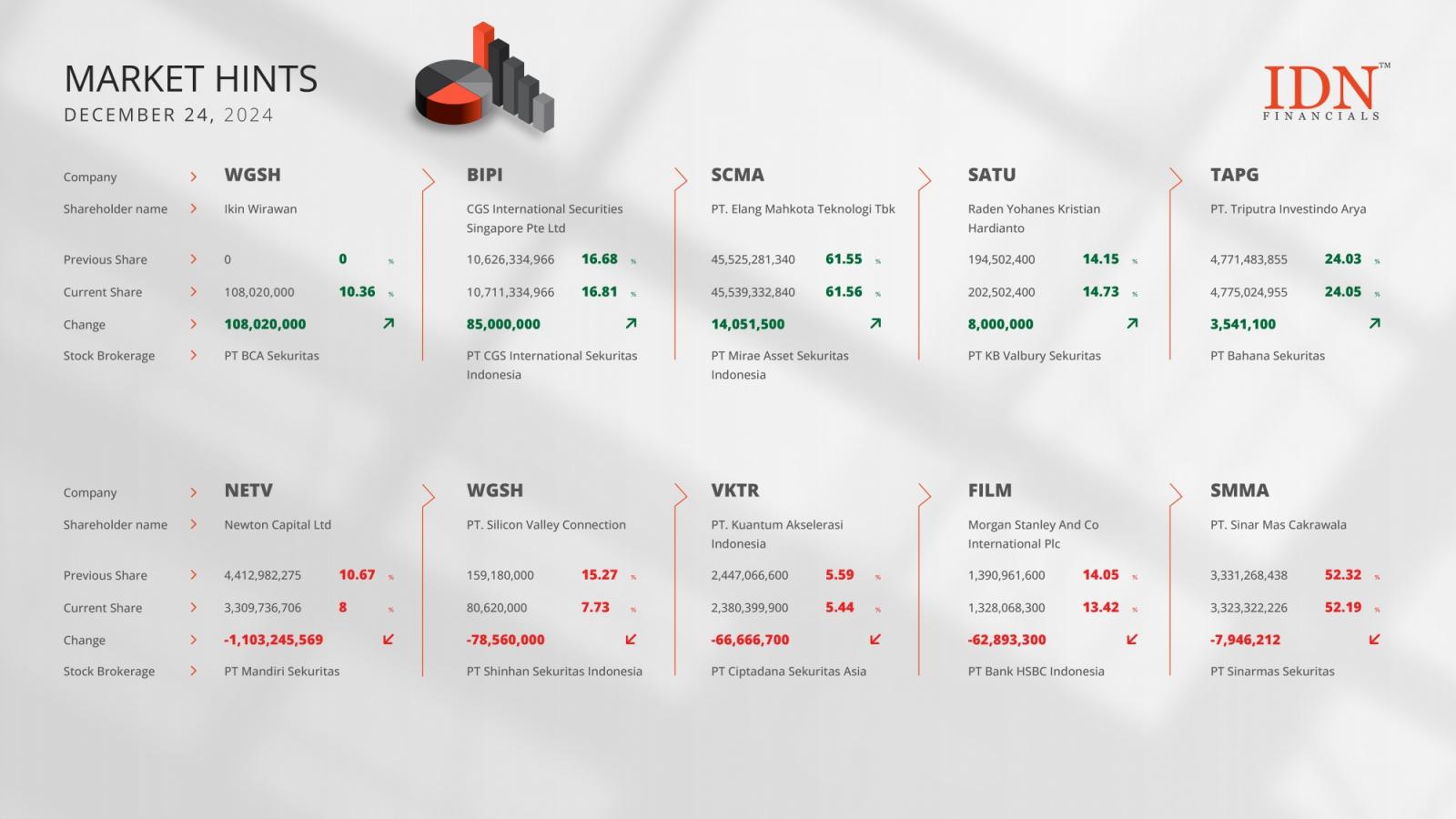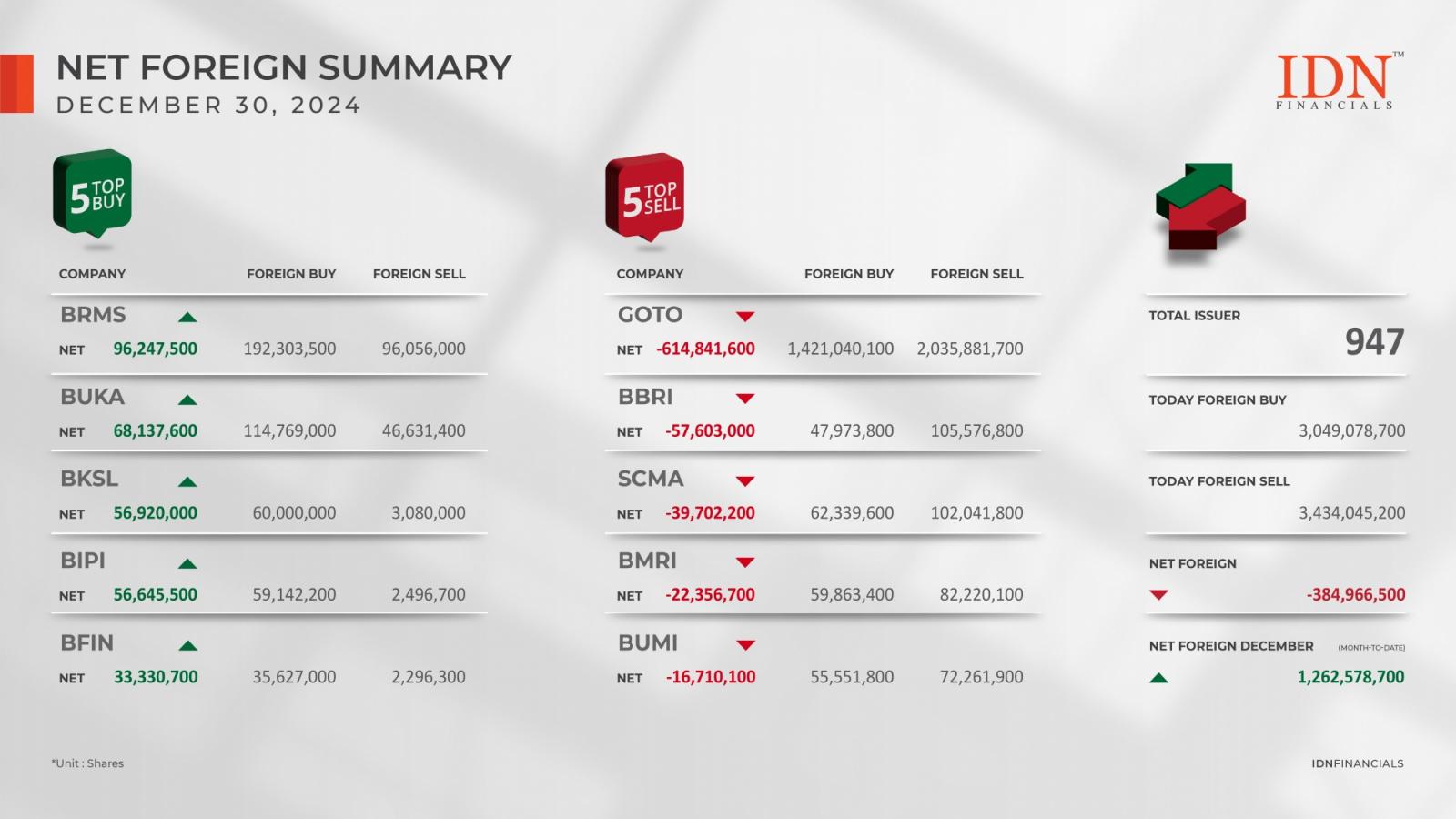Nigerian authorities have reportedly requested Binance, the largest cryptocurrency exchange, to provide information on its top 100 users in Nigeria, along with its entire transaction history for the past six months, according to a report by the Financial Times on Tuesday.
Nigeria may seek a $10 billion fine from Binance as retribution, as the country believes they “really messed up” the local economy. The authorities reportedly said that the crypto exchange supported “illegal transactions” at the country’s expense.
Nigeria Presses Binance for Information Amid Detention of Executives
According to a report by the Financial Times on March 13, Nigerian authorities are also urging Binance to address any outstanding tax liabilities. This request comes amidst negotiations between Binance and Nigeria, with the government alleging that Binance’s operations have had a significant impact on the local currency, the Nigerian naira.
Binance, along with other cryptocurrency platforms, has emerged as an alternative means for establishing unofficial exchange rates for the naira amid Nigeria’s economic crisis. President Bola Tinubu’s administration has implemented market-friendly reforms and devalued the currency to attract foreign investment. However, inflation has surged to nearly 30%, prompting the government to crackdown on cryptocurrency exchanges.
Furthermore, Bayo Onanuga, the presidential adviser on information and strategy, accused Binance and other crypto platforms of manipulating the naira, contributing to a substantial decline in the local fiat currency. Onanuga suggested the possibility of banning platforms like Binance in the country.
Last month, Nigerian authorities blocked access to cryptocurrency websites and detained two Binance executives who had traveled to Abuja to discuss the regulatory crackdown. This is in response to Binance’s attempts to engage in dialogue with Nigerian authorities by sending two of its senior executives, Nadeem Anjarwalla and Tigran Gambaryan, who are integral to Binance’s Africa operations. In response, Binance removed the naira from its trading platform.
However, two of them were detained and are held in Abuja, with their phones and passports confiscated. Despite being well-treated, they remain in detention without charges, described by sources as “simply hostages.”
Onanuga stated that Gambaryan and Anjarwalla are cooperating with Nigerian authorities and providing significant information. He hinted at the possibility of Nigeria imposing a $10 billion fine as retribution for the alleged negative impact on the economy.
Binance Faces Scrutiny in Nigeria as Central Bank Raises Concerns Over Cryptocurrency Transactions
Nigeria’s Central Bank Governor, Olayemi Cardoso, disclosed that $26 billion had flowed through Binance in the past year from unidentifiable sources, contributing to concerns about the impact of cryptocurrency trading on the economy.
While the Office of the National Security Adviser assured that law enforcement agencies are diligently working on the matter, Elahe Anjarwalla expressed disappointment in the perceived lack of proactive action from the British government in assisting her husband, a British citizen.
In response, the Foreign Office confirmed it was in contact with local authorities regarding the British citizen’s detention in Nigeria. Similarly, the US Embassy in Abuja acknowledged awareness of reports regarding the detention of a US citizen, affirming its commitment to providing appropriate assistance.
The FT cited a court order that allowed the detention of the Binance executives for 14 days, ending Tuesday, with an extension hearing scheduled for Wednesday.
Binance has refrained from commenting on the specifics of the Nigerian authorities’ allegations. However, a spokesperson clarified that the exchange had not exited Nigeria entirely but rather ceased all naira-related trading pairs and transactions.
Online reactions to Binance’s decision to halt naira transactions reflect concerns about the exchange’s continued operations in Nigeria. Some speculate that ceasing naira-related services could indicate a withdrawal from the Nigerian market.
Nigeria has emerged as a significant player in the global crypto economy, with substantial growth in recent years and high levels of adoption. However, the country has faced economic challenges, including record-high inflation following the abandonment of its currency peg in June 2023. As of January 2024, consumer inflation in Nigeria has risen for the 13th consecutive month, nearing 30%.





